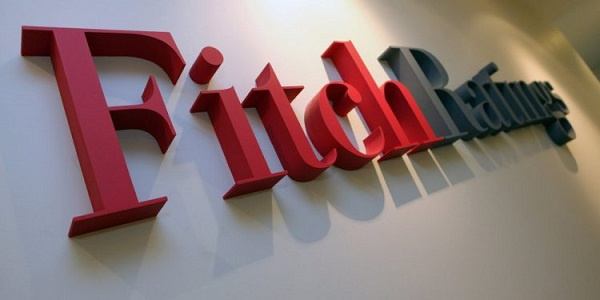Ratings agency, Fitch is warning that the profitability of Ghanaian banks will weaken due to the Bank of Ghana’s (BoG) recent decision to link cash reserve ratio (CRR) requirements to loans/deposits ratios (LDRs).
The new regime is partly intended to boost bank lending by raising CRR requirements for banks with low LDRs.
However, Fitch expects banks to tolerate the higher CRR requirements rather than significantly increase lending to avoid them, given Ghana’s difficult macroeconomic conditions, adding, “The higher requirements will weaken profitability as cash reserves at the BoG are unremunerated”.
“Substantially higher cedi cash reserves at the BoG will weaken banks’ net interest margins (NIMs) and profitability in 2024, which are already under pressure from declining treasury bill yields. However, we expect NIMs to remain high by regional standards as treasury bill yields, although declining, will remain high, ensuring that profitability remains a key strength of Ghanaian banks’ credit profiles despite the new CRR regime”, it further explained.
The BoG introduced the new regime on March 25, 2024, directly linking CRR requirements to LDRs on a tiered basis.
Banks with LDRs below 40% will be subject to a CRR of 25% of deposits, those with LDRs between 40% and 55% will be subject to a 20% CRR, while those with LDRs above 55% will be subject to a 15% CRR.
The new policy marks a material increase for banks with low LDRs as the current requirement is 15%. The policy will take effect by the end of April 2024.
The banking sector’s LDR declined to just 36% at end-2023 from 43% at end-2022 due to weak credit growth, and the vast majority of banks will now be subject to a CRR requirement of 25%.
Credit growth will remain weak
“We do not think the penalty of higher unremunerated cash reserves will stimulate a material increase in credit growth,” the UK-based firm said.
“We believe banks will prefer to suffer the opportunity cost of not being able to deploy such liquidity into high-yielding treasury bills than to risk large loan impairment charges as a result of extending credit in the current economic climate”, it added.
It continued that prospects for credit growth are also constrained by the banking sector’s tight capitalisation following Ghana’s domestic debt exchange programme, which imposed large net present value losses on creditors.
Latest Stories
-
Investigators find cockpit voice recorder from crashed Air India flight
36 minutes -
Club World Cup: Delap makes debut as Chelsea win in front of empty seats
47 minutes -
Retirement age of 70 for judges is fine – Justice Adjei
49 minutes -
Chris Brown jokes about ‘nice’ jail as he starts UK tour
60 minutes -
Juror dismissed in Diddy trial over ‘inconsistencies’
1 hour -
Don’t allow Executive or Legislature to encroach on judicial independence – Justice Adjei
2 hours -
Bibiani Goldstars crowned champions, squad rewarded by betPawa in bonus payout
2 hours -
Capping Supreme Court judges won’t be helpful – Justice Suurbaareh
2 hours -
Mahama is Ghana’s most prepared President – Gabby Otchere-Darko
3 hours -
Samer Chedid succeeds Mauricio Alarcón as CEO of Nestlé Central and West Africa
3 hours -
Stephen Ntim takes temporary break as NPP Chairman due to health concerns
3 hours -
Abolish ‘Additional Judge’ practice in lower courts – Justice Dennis Adjei urges
4 hours -
District assembly elections are already partisan – Sir Dennis Adjei urges reform
4 hours -
Africa World Airlines reschedules Accra–Ouagadougou route launch to 1st July
4 hours -
Mahama vows to reignite dream of Bukom Boxing Academy
4 hours

